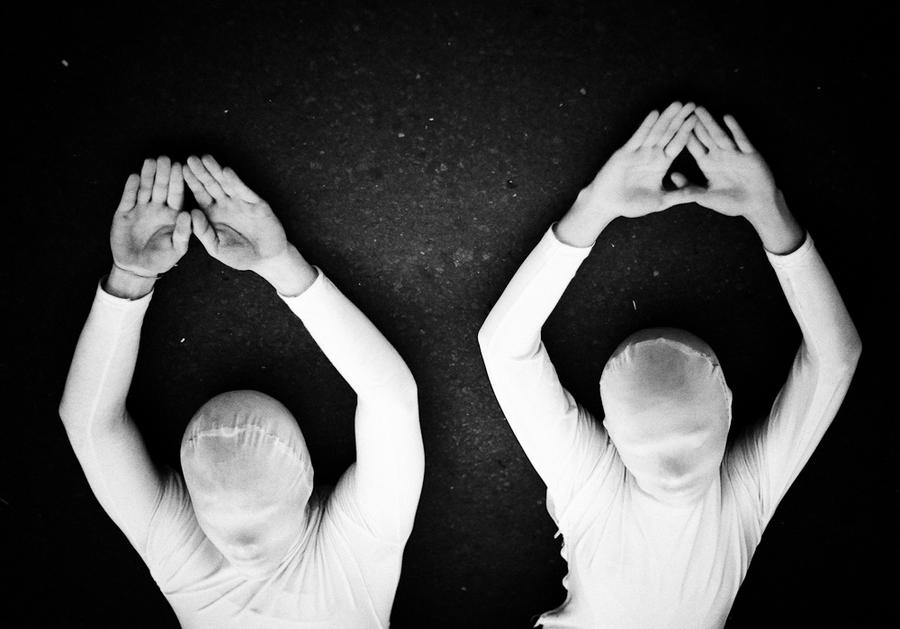
How are we all this week? I have been slightly AWOL, mostly as I no longer have an operational laptop. Interesting learning how dependant I had become on a piece of machinery...anyhow, enough about me!
***
In the wake of the London attack last week alluded to here, Mohamed Ghilan published this interesting piece named 'Faceless Victims'. His lanugage is a little aggresive but he makes a pertinent point:
As if the “American” label grants him [Abdulrahman, an American boy who was killed by a drone strike] some sanctity as a human being that the innocent others killed with him, and thousands of non-American innocents killed in Pakistan, Afghanistan, Iraq, Syria, Libya, Myanmar, Palestine, etc. don’t have the right to.
This is not about comparing casualties. It’s about indiscriminate humanization [emphasis added].
Unless we recognize that it’s humans, not dehumanized statistics, who suffer on both sides of armed conflicts, we can forget about obtaining peace at any time in the future. As long as we continue to discuss these matters with tribalist language that qualifies the importance of one’s life based on nationality, we will always view the alien other in terms that denies them what we grant for ourselves. Abdulrahman al-Awlaki is only one example of many.
The sanctity of human life should transcend religion, politics, economics, and state interests. Humans suffer on both sides of war, but we only pay attention to one side while we ignore the other. We need to stop viewing people in economic terms or as means towards political ends, and to make the public equally relate to those who fall as victims to human madness by giving them faces.
His comment rings true.
A deep frustration for the migrant and culturally and linguistically diverse communities in Western nations such as Australia is the portrayal in their new adopted countries of their communities 'back home'.
This is particularly grating for the younger generation that has grown up in the West. How does one reconcile the fact that they see themselves as Australian in every way (in language, accent, cultural norms and behaviour) with the fact that the country sees those who look like them as 'the other'?
The dehumanising of the 'enemy' is a common and well established tactic in warfare. It is easier to see the enemy as an object, a one dimensional evil. This allows you to forget that they are people, with lives, hopes, dreams, expectations, flaws, just like you or your neighbour.
Until there is true understanding of the other, not a superficial picture painted by those in power, but a deep, nuanced understanding of the people on the other side of the conflict, as Ghilan says, there will never be peace. It is only through understanding and empathy that we can start striving towards common goals.
It is for this reason that I personally, am not a fan of aggressive - be it verbal, or physical - attacks of the 'West', of whomever is deemed the 'enemy'. Yes, actions on both (or all) sides of a conflict are horrific, but if we buy into a cycle of anger and revenge, there will be no relief. We must learn to forgive.
Easier said than done of course, but there are many examples of the success of forgiveness.
Nelson Mandela was released after 27 - take a moment to think how long 27 actually is - years of jail and forgave his captors.
It was this attitude and actions such as this that led to the fall of the apartheid.
"When a deep injury is done to us, we never heal until we forgive." - Nelson Mandela
The Prophet Mohammed (SAW) who many Muslims strive to emulate, was also renowned for forgiveness, particularly towards non-Muslims, regardless of the suffering inflicted on him. His visit to the city of Taif, where the gangs of the town drove him out and stoned him for his message, is one such example. After this particular incident, all his words were:
"Oh Allah, guide these people, as they did not know what they were doing".
If we are to create change, we must speak to the hearts of others. Only by bringing people on the journey with us, forgiving and showing true mercy, can anything change.
There is a reason all the wise people of the world talk about the power of forgiveness. We would do well to heed their words.